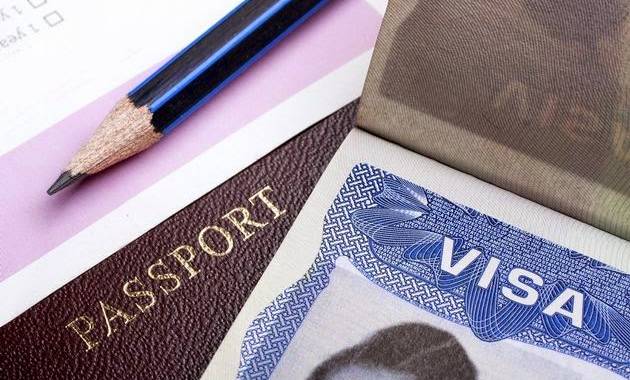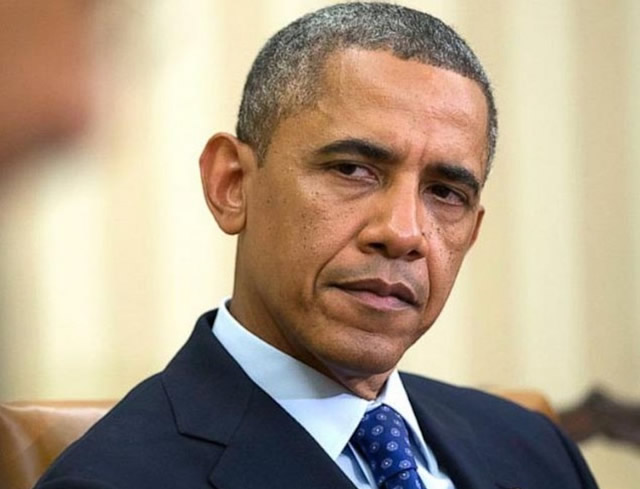Editorial Comment: Africa visa-free regime, pros and cons

ONE of the goals of the founding fathers of the Organisation of African Unity was precisely that, to foster unity, continental integration and bringing independent Africans closer together.
More than half a century later, we don’t have a United States of Africa. Movement of people between African states is still restricted, and so is intra-state trade.
A recent Africa Tourism Monitor report indicates that while the continent has 15 percent of the global population, it gets a mere 3 percent of the world’s tourism receipts and 5 percent of tourist arrivals. Much of this is blamed on visa restrictions, described as one of the most important migration formalities hindering international tourism.
The question is: should Africa bring down the visa walls? What are the potential risks? It is a subject for a huge debate.
The African Development Bank’s Africa Visa Openness Report of 2016 recently launched highlights the challenges to movement posed by the requirements for visas between states. An African can travel to only 20 percent of African countries without a visa.
More alarming is the obvious gap between wish and reality at policy level: The African Union plans to introduce an African passport and abolish visa requirements for all African citizens in all African countries by 2018.
That’s a brief two years away, evidently a goal impossible.
But what are the push factors?
They go well beyond the euphoria of the founding fathers of independent Africa. There are economic benefits. Advocates of loose border requirements say the free movement of people will promote employment by allowing those with skills to easily cross borders to find opportunities. That should undercut the costs of expatriates from Europe and the United States of America.
It is also argued that the free movement of people and goods should promote trade across regional blocs of the continent as envisaged under the Free Trade Area. In other words, Africans should focus their primary efforts on intra-state trade rather than fighting for highly competitive markets in Europe and America.
Removing visa requirements, it is further argued, will improve ease of doing business across borders, thus allowing entrepreneurs to establish enterprises in neighbouring states. This should create employment opportunities and stop the surging flood of unemployed youth trying to make the perilous journey across the Mediterranean Sea into Europe.
Most important is the Schengen Area Model in Europe where a single visa allows one free passage to 26 states. Coupled with easy links through air, rail and road transport, the Schengen visa has made Europe the biggest destination for tourists in the world. The question is whether Africa could reap similar benefits with fewer visa requirements for its 54 states and close to a billion people.
Unfortunately, there are a lot of negatives as well, the first obviously being the wide disparities in economic development between individual states. It is feared removing visa requirements could lead to a one-way flow of migrants to countries perceived to offer more opportunities.
The result could be the occasional Afrophobic flare-ups as recently experienced in South Africa.
Lately, there have been problems of terrorism, human and drug trafficking and criminal syndicates.
Terrorism has not been much of a headache for now, especially in sub-Saharan Africa. But there are fears that removing visa restrictions could be the catalyst needed for easy infiltration by terror gangs and shipment ofarms.
Moreover, it is no secret that most African countries don’t have the sophisticated technologies to detect the movement of illicit drugs which are slowly finding their way into the region.Even much closer to home, last week there were reports of 200 Zimbabwean women stranded in Kuwait, after they were caught in a human trafficking dragnet with promises of lucrative employment opportunities when, in fact, they were being recruited for purposes of prostitution.
Lowering visa restrictions could likely see an exponential growth in such crime syndicates, possibly involving violence as people of questionable backgrounds and characters freely criss-cross borders. But we believe at the end of the day Africa is stronger with its people interacting more easily and with greater intra-trade.









Comments